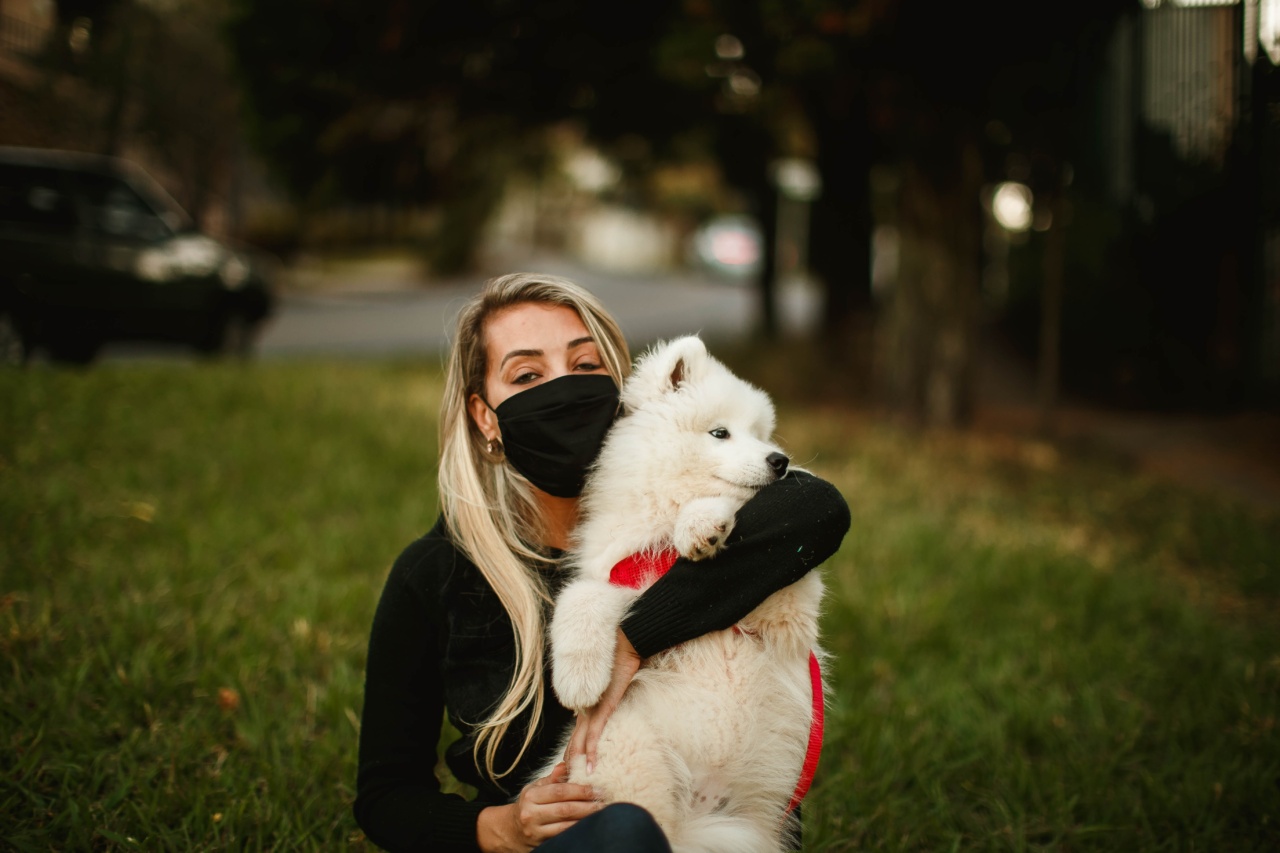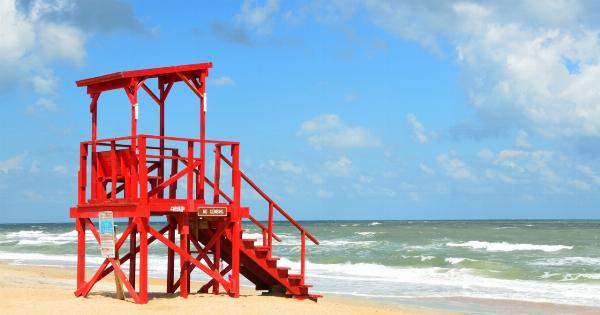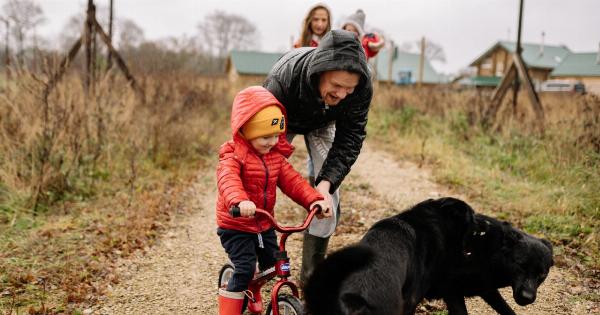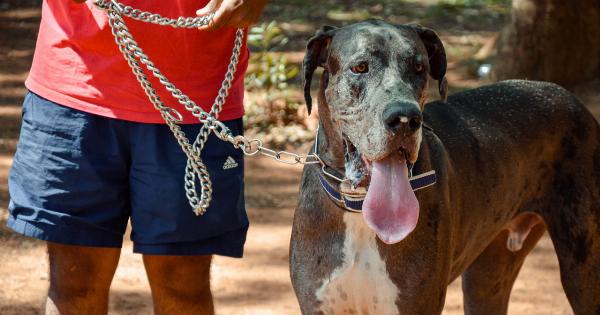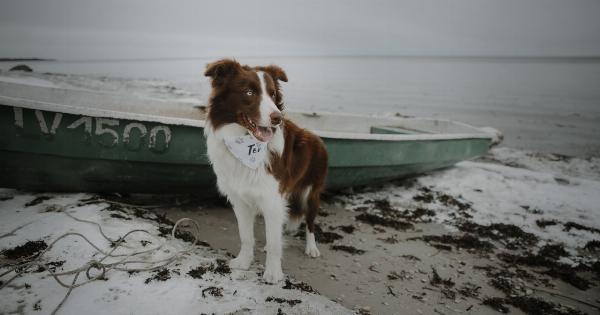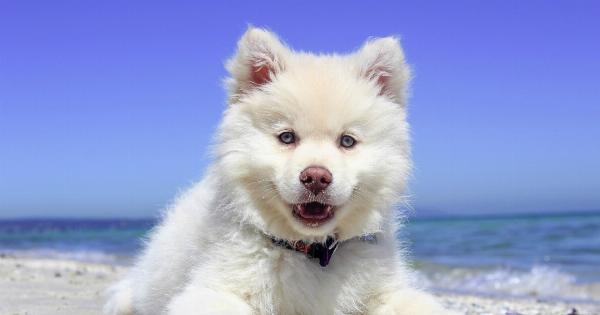If you’re a dog owner, you know that canines have an inherent craving for the beach.
The sand and surf seem to call to our furry friends, and who can blame them? But while a day at the beach with your dog can be a fun adventure, it’s important to take some precautions to ensure that your pet stays safe and comfortable. In this article, we’ll share some tips for enjoying the beach with your dog, all while keeping him healthy and happy.
Make Sure Your Dog is Allowed on the Beach
Before packing up your beach gear and heading out with your dog, it’s important to make sure that dogs are allowed on the beach you’re planning to visit.
Some beaches have strict rules against animals, while others may only allow dogs at certain times of the day or in certain areas. Many beaches will also require that your dog be leashed at all times. Doing a bit of research ahead of time can help you avoid any surprises and ensure that you’re following the rules.
Protect Your Dog from the Sun
Just like humans, dogs can suffer sunburns and heatstroke if they spend too much time in the sun.
When heading to the beach with your dog, make sure to bring plenty of shade options, like an umbrella or beach tent, so your pet can take a break from the sunshine when needed. You can also invest in a special doggy sunscreen to apply to areas of your pet’s body that are prone to burning, such as the nose and ears.
Keep Your Dog Hydrated
Spending time in the sun and salt water can quickly dehydrate your dog. Always bring plenty of fresh water for your pet to drink, and make sure to offer it to him often throughout the day.
You can also bring some treats or toys that encourage your dog to drink, like ice cubes or a floating water dish.
Watch Out for Hazards
Just like you, your dog can encounter a number of hazards at the beach, including sharp rocks, broken glass, and even wildlife like jellyfish and crabs.
Keep a watchful eye on your pet at all times, and always discourage him from picking up or eating anything that he finds on the beach.
Provide Proper Accommodations
Your dog needs a safe and comfortable place to rest at the beach. Consider bringing a portable dog bed or mat for him to lie on, as well as a towel or blanket to dry him off when needed.
You can also bring some toys or treats to keep your pet entertained while you relax.
Practice Good Beach Etiquette
Remember that not everyone loves dogs as much as you do, so be respectful of others when you’re at the beach. Always keep your dog on a leash when required, and make sure to pick up after him if he goes to the bathroom.
Avoid letting your dog approach other beachgoers unless they indicate that they’re okay with it.
Watch for Signs of Distress
If your dog seems to be showing signs of distress at the beach, such as panting heavily, whimpering, or refusing to move, it’s important to take action immediately. Move your pet to a cooler area, offer him some water, and monitor him closely.
If the symptoms persist or worsen, it may be time to leave the beach and seek veterinary care.
Keep Your Dog Safe in the Water
Many dogs love to swim in the ocean, but the open water can be dangerous if you’re not careful. Always keep an eye on your pet when he’s in the water, and avoid letting him swim too far out.
Consider investing in a life jacket for your dog, especially if he’s not a strong swimmer or if the waves are particularly rough.
Know When it’s Time to Go Home
Spending all day at the beach can be exhausting for your dog, so it’s important to know when it’s time to call it a day.
Keep an eye on your pet’s behavior, and if you notice signs of fatigue or stress, it may be time to start packing up and heading home. Always make sure to clean up the area where you and your pet were sitting before leaving.
Ensure Your Dog Stays Calm and Relaxed
Finally, it’s important to ensure that your dog stays calm and relaxed while at the beach. Excessive excitement or anxiety can lead to a variety of issues, such as barking, biting, or other disruptive behaviors.
Make sure to bring some toys or treats that your pet finds soothing, and practice positive reinforcement techniques to help him associate the beach with good experiences.
